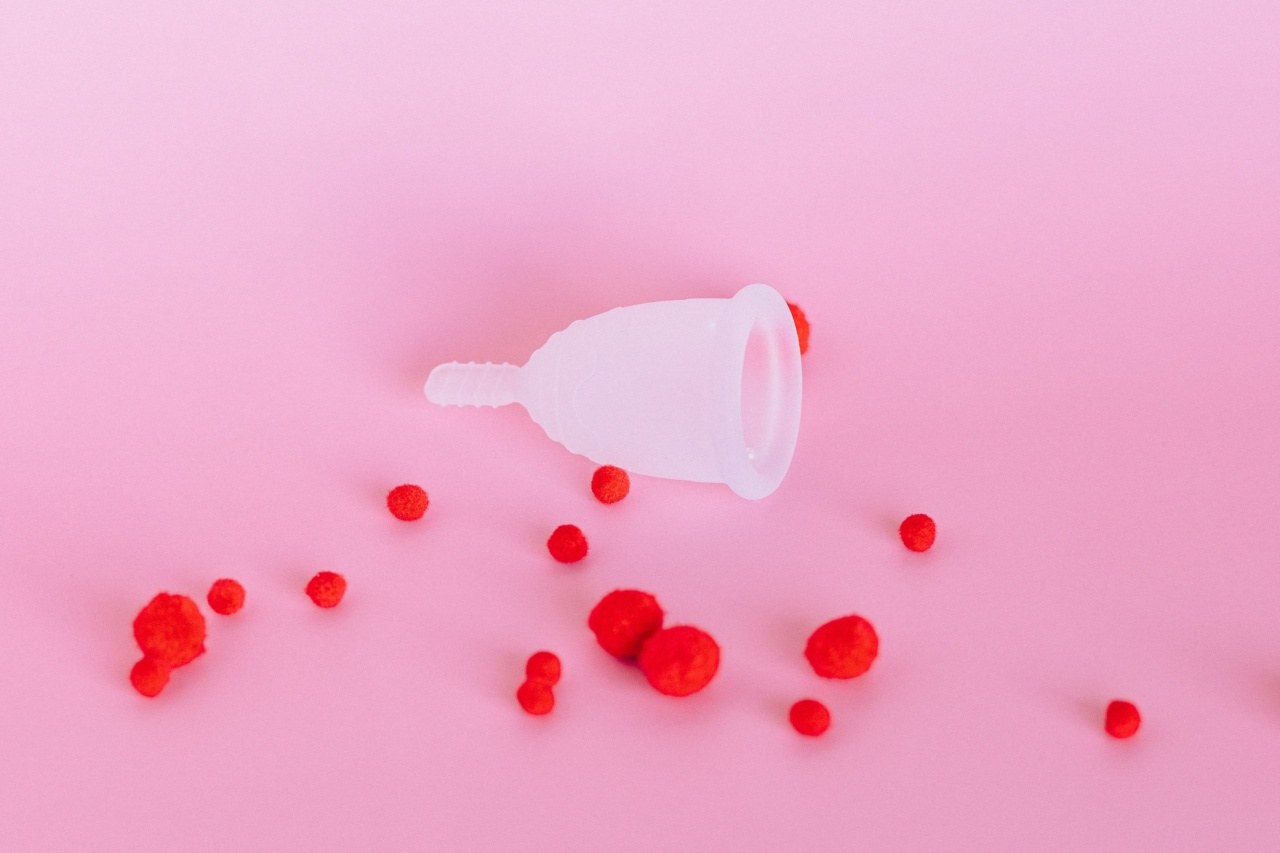Women’s menstrual cycle is a complex biological process that involves a series of hormonal changes. These hormonal changes not only affect the reproductive system but also impact overall health, including oral health.
Hormones such as estrogen and progesterone play a significant role in women’s oral health, and fluctuations in these hormones during the menstrual cycle can lead to changes in oral health as well. In this article, we will explore how hormone changes during the menstrual cycle affect oral health.
What is the Menstrual Cycle?
The menstrual cycle is a natural process that occurs in women of reproductive age, typically between the ages of 12 and 51 years. It is a series of hormonal changes that occurs every month in preparation for pregnancy.
The menstrual cycle is marked by the shedding of the uterus lining, which is released through the vagina as menstrual blood. The process usually lasts for 28 days and is divided into three phases, the follicular phase, ovulatory phase, and luteal phase.
Hormonal Changes During the Menstrual Cycle
During the menstrual cycle, the levels of estrogen, progesterone, and other hormones fluctuate, leading to several changes in the female body.
The levels of estrogen begin to rise in the follicular phase of the menstrual cycle, leading to the thickening of the uterus wall. The ovulatory phase marks the release of an egg from the ovary, and the levels of estrogen and progesterone both increase sharply after ovulation.
In the luteal phase, both estrogen and progesterone levels are high, leading to the preparation of the uterus for implantation.
How Hormonal Changes Affect Oral Health
Studies have shown that hormonal changes during the menstrual cycle can have a significant impact on oral health. Hormones such as estrogen and progesterone can directly affect the health of the gums, teeth, and bone structure.
Let us explore some of the ways hormonal changes can affect oral health:.
1. Gum Inflammation
During the menstrual cycle, the levels of estrogen and progesterone increase, leading to gum inflammation or gingivitis.
This is because these hormones can lead to an increase in blood flow to the gums, making them more sensitive to plaque and bacteria that cause gum disease. Women may experience bleeding, swelling, and tenderness in their gums during this time, which can make brushing and flossing challenging.
It is, therefore, important to maintain good oral hygiene habits, such as brushing twice a day and flossing daily, to prevent gum disease.
2. Dry Mouth
Fluctuations in hormonal levels during the menstrual cycle can also lead to dry mouth or xerostomia. This can be due to a decrease in saliva production, which can make it difficult to eat, speak, and swallow.
Dry mouth can also make you more susceptible to cavities, as saliva helps wash away food debris and bacteria in the mouth. Drinking plenty of water and chewing sugar-free gum can help stimulate saliva production and prevent dry mouth.
3. Canker Sores
Canker sores are small, painful sores that develop inside the mouth. Hormonal changes during the menstrual cycle can trigger the development of canker sores in some women.
The exact cause of canker sores is not known, but they can be triggered by stress, trauma to the mouth, or hormonal changes. Canker sores usually heal on their own within a week or two, but over-the-counter remedies can help relieve the pain and discomfort.
4. Tooth Sensitivity
Fluctuations in hormonal levels during the menstrual cycle can also lead to tooth sensitivity. This is because changes in estrogen and progesterone levels can affect the mineral content of teeth, making them more sensitive to hot and cold temperatures.
Women may experience discomfort or pain when consuming hot or cold foods and drinks or when brushing their teeth. Using a desensitizing toothpaste and avoiding extreme temperatures can help alleviate tooth sensitivity.
Conclusion
The menstrual cycle is a complex biological process that involves several hormonal changes that can impact oral health. Women may experience gum inflammation, dry mouth, canker sores, and tooth sensitivity during their menstrual cycle.
Maintaining good oral hygiene habits, such as brushing and flossing regularly, drinking plenty of water, and avoiding sugary and acidic foods, can help prevent oral health problems during this time. If you experience persistent oral health issues or pain, consult a healthcare professional for further evaluation.





























